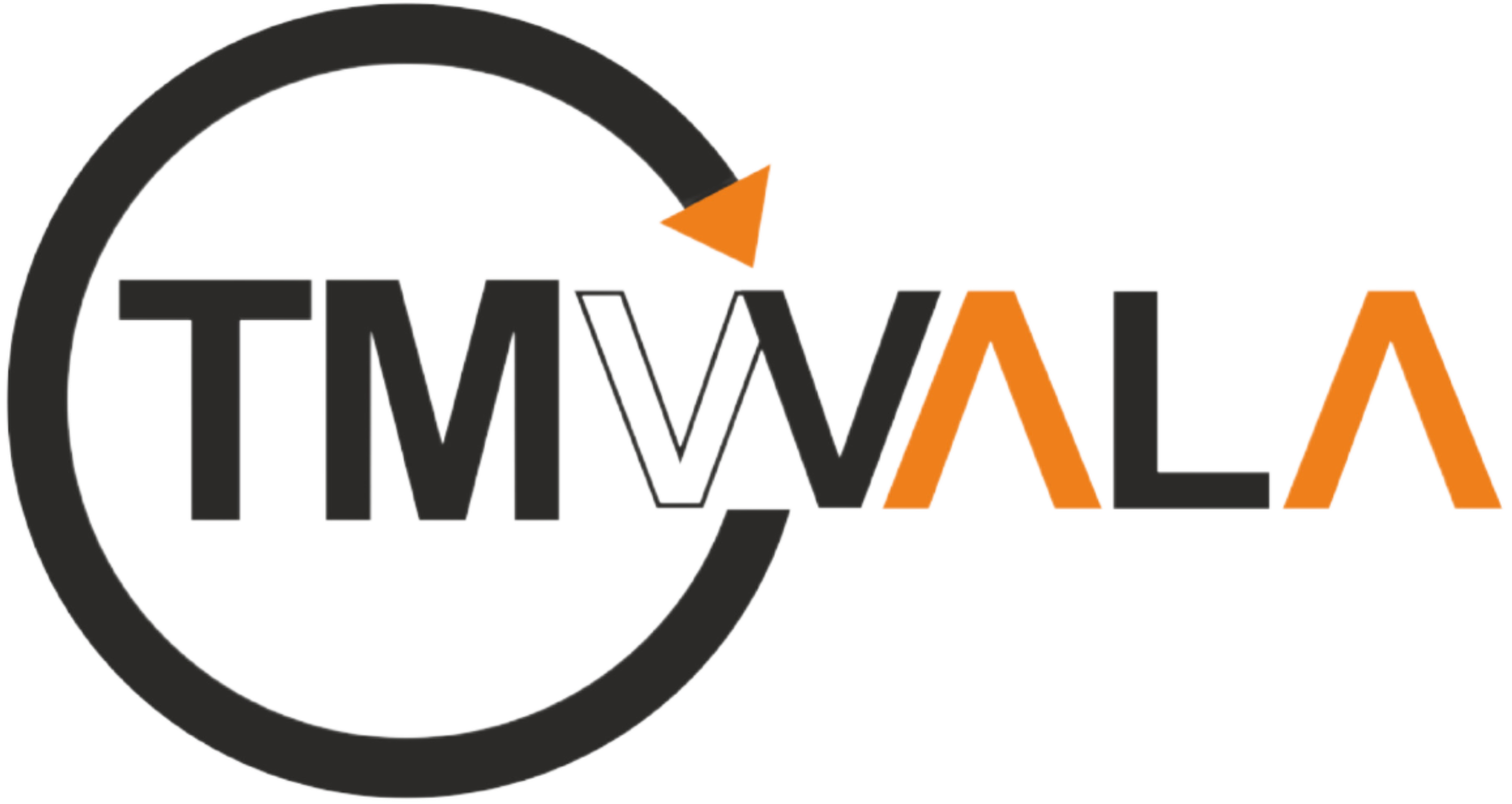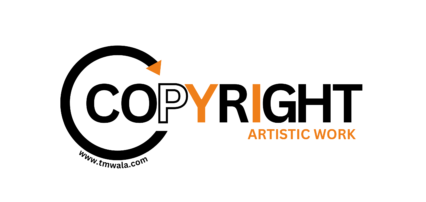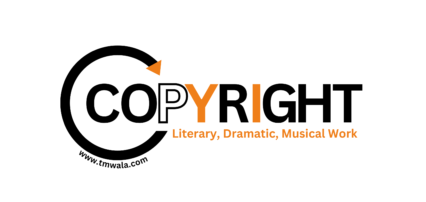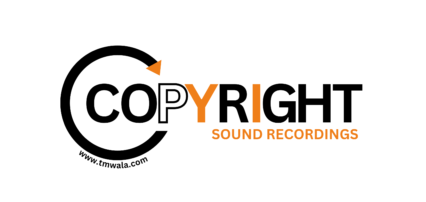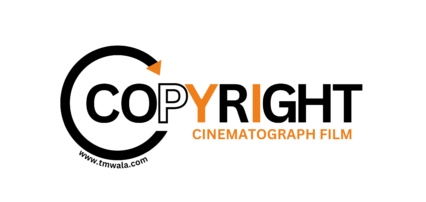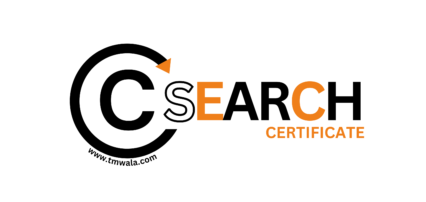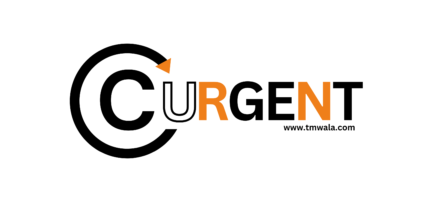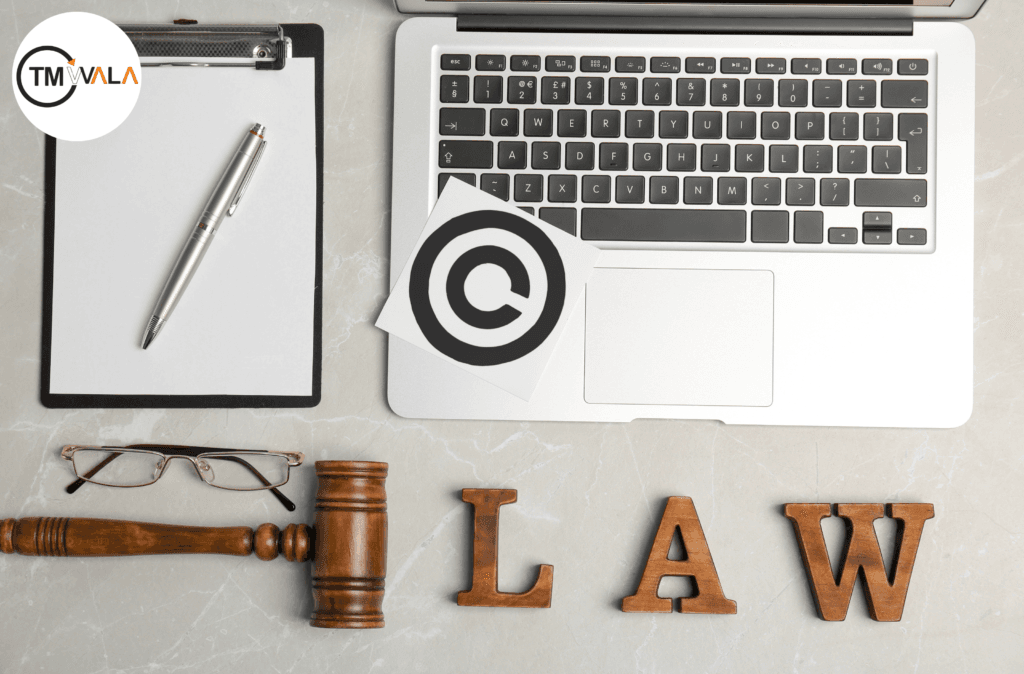Copyright litigation is a complex and often daunting process, but it’s an essential tool for protecting the rights of creators and ensuring that intellectual property is respected. Whether you are a copyright owner looking to enforce your rights or someone accused of infringement, understanding the litigation process is crucial. This will provide a comprehensive overview of copyright litigation, covering the legal principles involved, the steps in the litigation process, and practical advice for navigating the complexities of copyright disputes.
What is Copyright Litigation?
Copyright litigation refers to the legal process by which copyright owners enforce their rights against those who infringe upon their copyrighted works. This process can involve both civil and criminal actions, although civil litigation is far more common in copyright disputes.
Key Objectives of Copyright Litigation:
- Stopping Infringement: The primary goal is to halt the unauthorized use of the copyrighted work.
- Recovering Damages: The copyright owner may seek financial compensation for the harm caused by the infringement.
- Deterrence: Litigation serves as a deterrent to others who might consider infringing on the copyright.
Legal Basis for Copyright Litigation
The legal basis for copyright litigation is rooted in national copyright laws, which grant exclusive rights to the creators of original works. These rights typically include the right to reproduce, distribute, perform, display, and create derivative works.
a. Copyright Law Principles
- Originality: For a work to be protected by copyright, it must be original and involve a certain level of creativity.
- Fixation: The work must be fixed in a tangible medium of expression, meaning it can be perceived, reproduced, or otherwise communicated.
- Ownership: Copyright initially vests in the creator of the work, but it can be transferred or assigned to another party.
b. Infringement Criteria
To bring a successful copyright infringement lawsuit, the copyright owner must demonstrate:
- Ownership of a Valid Copyright: The plaintiff must prove that they own the copyright in question.
- Copying of the Work: The plaintiff must show that the defendant copied protected elements of the work. This can be direct copying or indirect, where access to the original work and substantial similarity are proven.
- Lack of Authorization: The defendant must have copied the work without the copyright owner’s permission.
The Copyright Litigation Process
Copyright litigation involves several stages, each of which requires careful preparation and strategic decision-making.
a. Pre-Litigation Considerations
Before filing a lawsuit, copyright owners often consider alternative dispute resolution methods, such as negotiation or mediation. In many cases, a cease-and-desist letter may be sent to the alleged infringer, demanding that they stop the infringing activity and possibly seek a settlement.
b. Filing the Complaint
If pre-litigation efforts fail, the copyright owner may proceed with filing a lawsuit. The process typically begins with the filing of a complaint in the appropriate court. The complaint should include:
- Identification of the Plaintiff and Defendant: The parties involved in the lawsuit.
- Statement of Jurisdiction: The legal basis for the court’s authority to hear the case.
- Allegations of Infringement: A detailed account of how the defendant allegedly infringed on the plaintiff’s copyright.
- Request for Relief: The remedies the plaintiff seeks, such as an injunction, damages, or attorney’s fees.
c. The Defendant’s Response
After the complaint is filed, the defendant has a specified period (usually 20-30 days) to respond. The defendant may:
- File an Answer: Responding to the allegations and raising any defenses.
- File a Motion to Dismiss: Arguing that the complaint should be dismissed on legal grounds.
- Counterclaim: The defendant may also file a counterclaim against the plaintiff, alleging that the plaintiff has infringed on the defendant’s rights or that the lawsuit is frivolous.
d. Discovery Process
Once the initial pleadings are completed, the case moves into the discovery phase, where both parties exchange information and evidence relevant to the case. Discovery methods include:
- Interrogatories: Written questions that must be answered under oath.
- Depositions: Oral questioning of witnesses under oath, with a transcript made for the court record.
- Requests for Production: Requests for documents, emails, contracts, and other materials relevant to the case.
- Expert Testimony: Expert witnesses may be called to provide technical analysis or opinion on issues such as the originality of the work or the extent of the infringement.
e. Summary Judgment
Before trial, either party may file a motion for summary judgment, arguing that there are no disputed material facts and that they are entitled to judgment as a matter of law. If the court grants summary judgment, the case may be resolved without a trial.
f. Trial
If the case proceeds to trial, it may be heard before a judge (bench trial) or a jury. During the trial, both parties present evidence, call witnesses, and make arguments. The court or jury then decides whether infringement occurred and, if so, what remedies are appropriate.
g. Remedies for Copyright Infringement
If the court finds that copyright infringement has occurred, several remedies may be awarded:
- Injunction: The court may order the infringer to stop using the copyrighted work.
- Damages: The plaintiff may be awarded actual damages, based on the economic harm suffered, or statutory damages, which are set by law and can range from a few hundred to several thousand dollars per work infringed.
- Attorney’s Fees: In some cases, the prevailing party may be awarded attorney’s fees and costs.
- Impoundment and Destruction: The court may order the impoundment or destruction of infringing copies and materials used to produce them.
Defenses in Copyright Litigation
Defendants in copyright litigation have several defenses that can be raised to counter the claims of infringement.
a. Fair Use
One of the most common defenses is fair use, which allows limited use of copyrighted material without permission for purposes such as criticism, comment, news reporting, teaching, scholarship, or research. The court considers several factors in determining fair use, including the purpose and character of the use, the nature of the copyrighted work, the amount used, and the effect on the market for the original work.
b. De Minimis Use
A de minimis defense argues that the alleged infringement is too trivial to warrant legal action. This might apply in cases where only a very small portion of the work was used or the use was insignificant.
c. License or Authorization
If the defendant had a license or other form of authorization from the copyright owner to use the work, this can serve as a complete defense to an infringement claim.
d. Public Domain
Works that are in the public domain are not protected by copyright, meaning anyone can use them freely. A defendant may argue that the work in question is not eligible for copyright protection because it is in the public domain.
e. Lack of Originality
Copyright only protects original works. A defense may be raised on the grounds that the work is not original and, therefore, not subject to copyright protection.
International Considerations in Copyright Litigation
In an increasingly globalized world, copyright litigation often involves parties from different countries. International copyright disputes can be particularly challenging due to the differences in copyright laws and enforcement mechanisms between countries.
a. Jurisdictional Issues
Determining the appropriate jurisdiction for a copyright lawsuit can be complicated in international cases. Courts generally look at factors such as where the infringement occurred, where the parties are located, and where the harm was felt.
b. Enforcement of Foreign Judgments
Even if a copyright owner wins a judgment in one country, enforcing that judgment in another country can be difficult. The enforceability of foreign judgments depends on treaties, reciprocity agreements, and the domestic laws of the country where enforcement is sought.
c. International Treaties
International treaties, such as the Berne Convention and the WIPO Copyright Treaty, provide a framework for copyright protection across borders. These treaties require member countries to recognize and enforce the copyrights of works created by nationals of other member countries.
Practical Tips for Navigating Copyright Litigation
Whether you are pursuing a copyright infringement claim or defending against one, there are several practical steps you can take to navigate the litigation process effectively.
a. Keep Detailed Records
Maintaining detailed records of your creative works, including drafts, dates of creation, and registration details, can be invaluable in proving ownership and originality in court.
b. Consider the Costs
Copyright litigation can be expensive and time-consuming. Before proceeding with a lawsuit, consider the potential costs and weigh them against the benefits of pursuing the claim.
c. Seek Legal Advice Early
Given the complexities of copyright law, it’s crucial to seek legal advice early in the process. An experienced copyright attorney can help you assess the strength of your case, explore alternative dispute resolution options, and guide you through the litigation process.
d. Explore Settlement Options
Litigation can be risky and unpredictable. In many cases, it may be in your best interest to explore settlement options early in the process to avoid the costs and uncertainties of a trial.
Conclusion
Copyright litigation is a powerful tool for enforcing intellectual property rights, but it requires careful planning, thorough knowledge of the law, and strategic decision-making. Whether you are a copyright owner seeking to protect your work or a defendant facing an infringement claim, understanding the litigation process and the legal principles involved is essential.
By taking proactive steps to protect your rights, carefully considering the costs and risks, and seeking experienced legal counsel, you can navigate the complexities of copyright litigation with confidence and protect your creative works in the digital age.
FAQs
1. What is copyright litigation, and when is it necessary?
Answer: Copyright litigation is the legal process used by copyright owners to enforce their rights against infringers. It becomes necessary when unauthorized use of a copyrighted work occurs and cannot be resolved through informal means like cease-and-desist letters or mediation.
2. What are the main goals of copyright litigation?
Answer: The primary goals include stopping the infringement, recovering financial damages, and deterring others from infringing on copyrighted works.
3. What must a copyright owner prove in an infringement lawsuit?
Answer: The owner must prove ownership of a valid copyright, that the work was copied, and that the use was unauthorized.
4. What are the typical steps in the copyright litigation process?
Answer: The process includes pre-litigation efforts (e.g., cease-and-desist letters), filing a complaint, the defendant’s response, discovery, possible summary judgment, trial, and final remedies.
5. What remedies are available if infringement is proven?
Answer: Remedies may include injunctions to stop use, monetary damages (actual or statutory), attorney’s fees, and destruction of infringing materials.
6. Can a defendant avoid liability if they didn’t know they were infringing?
Answer: Lack of knowledge may reduce statutory damages but does not generally absolve liability unless a valid defense (e.g., license or fair use) is proven.
7. What defenses can be used against a copyright infringement claim?
Answer: Common defenses include fair use, de minimis use, having a valid license, the work being in the public domain, or the work lacking originality.
8. How does international copyright litigation work?
Answer: International cases involve jurisdictional challenges and depend on treaties like the Berne Convention. Enforcing foreign judgments can be complex and varies by country.
9. Is it possible to settle a copyright dispute without going to court?
Answer: Yes. Many cases are settled through negotiation or mediation before or during litigation, avoiding the costs and unpredictability of a trial.
10. What should creators do to prepare for potential copyright disputes?
Answer: Creators should maintain detailed records of their work, consider registering copyrights, consult legal counsel early, and be aware of the costs and risks associated with litigation.
